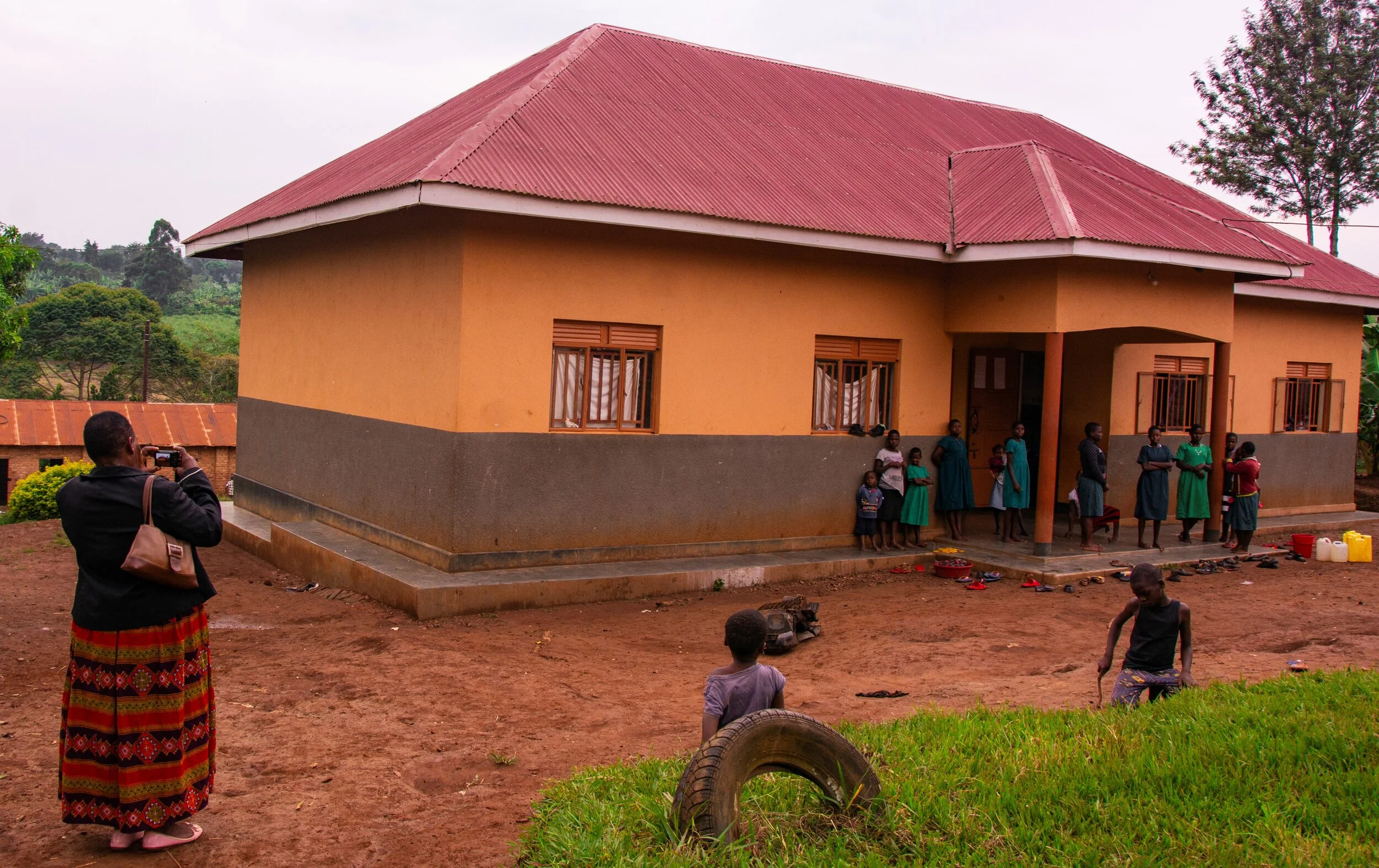“How could we continue to live and work in Kampala or abroad and only meet when we experience tragedy or just to have a good time…………yet our people in WestNile continue to live in poverty……….and yet, we can do something about it?”
This statement was made by one elite as he shared how he and his friends started a Foundation with a goal to develop their region. This is only one of many stories we are gathering as part of an ongoing study on the landscape for philanthropy in Uganda. At CivSource, our business is philanthropy – we advise on it, we build capacities of civil society and we shape narratives on it. This scoping study is aimed to enable us fulfil this mandate.
We are traversing 5 districts to explore experiences with the legal environment, perceptions, motivations, and ideas on how to better the practice. We are further profiling philanthropists as identified by different stakeholders in the districts. Our engagements begin with introducing the concept to the community development officers who mobilize 25 – 30 key stakeholders from different sectors for a consultative meeting at the district offices.
A consultative session at Mbarara district offices
While we use the term philanthropy to mean commitment of private resources for public good, driven by love for humanity, we have learnt that it is not a common term. Many of the participants at the consultative meetings were not sure why they were invited to discuss ‘alien phenomena’ – as one district officials called it in his introductory remarks. Fortunately, the study team was already prepared to use the phrase ‘giving for public good’ instead of ‘philanthropy’.
The subject was novel and exciting. Those who thought that giving was only monetary and by those who are wealthy, left thinking differently. The meetings that were intended to last about two hours, took 3 – 4 hours. There seem to be strong linkages of giving to culture and religious traditions, although with limited association to development. Some participants spoke strongly and with pride about the givers in their districts and there was minimal contestation on the nominees in most places – we know our givers!
The profiles of givers will be published in a photovoice book - a pictorial presentation of change stories. We asked the givers to share their stories and related pictures that serve as memory of their intervention. The passion as they spoke about their pictures was very evident. One giver who is rehabilitating and raising street children was emotional as he showed us a picture of a young lady who he raised since the age of 4. She recently graduated as a medical doctor in the United States; another grew up to become a businessman who he invited to meet us – the young man respectfully came in a short while and addressed him as mzee (father). He has many more in service who commit resources to care for the younger ones.
We had cameras to allow those that needed to take some pictures they might want us to showcase – yes our team included a professional human rights photographer and film maker. One educationist heading a prominent school was supported to take a picture of a storied building in the school for which he raised funds from local sources. Guided by our photographer, he took a full picture of the building for the first time and this brought him so much joy. Miss Mirembe (pseudo name) (pictured below) was moved by the plight of children in her community who were facing discrimination for being deaf and dumb. She decided to learn sign language, then raise and educate these children in her two roomed house, which soon became too small. She mobilized resources from different sources and built this structure (a dormitory), a picture of which she took for the first time.
We did not just collect information from the districts, we also experienced giving as recipients. As one consultative meeting ended in Kampala, a participant stepped to the front and requested for few minutes to speak to us about HIV. People listened carefully and clapped hard when he finished speaking – a gesture I interpreted as appreciation. He mentioned that every time he is in a gathering, he speaks to the people about prevention and access to care. He was orphaned by complications relating to AIDS at a tender age and made a lifetime choice to speak about it. Does society recognize this kind of giving? I wonder.
A participant talking about HIV at the end of our consultative meeting – Giving time is philanthropic
Even more interesting, another participant, a health worker, emulated him to speak about corona virus and how we can prepare ourselves. This is the kind of ripple effect we seek with the photovoice book, for Ugandans to learn from other Ugandans about giving to build society.
Do you want to know more about the landscape for philanthropy in Uganda? Do you want to learn more about the street kids home; or a mother who has been stigmatized for having 3 children living with disability and opened her home to other such children; or the religious leader who challenges children to plant trees before he confirms them in church; or a trust fund that was developed by concerned members of the community to boost education in a certain region; or a political leader at the helm of two modern sports facilities in the country; or more? ………. Watch this space….
By Jacqueline Nassimbwa, Research lead at CivSource Africa



